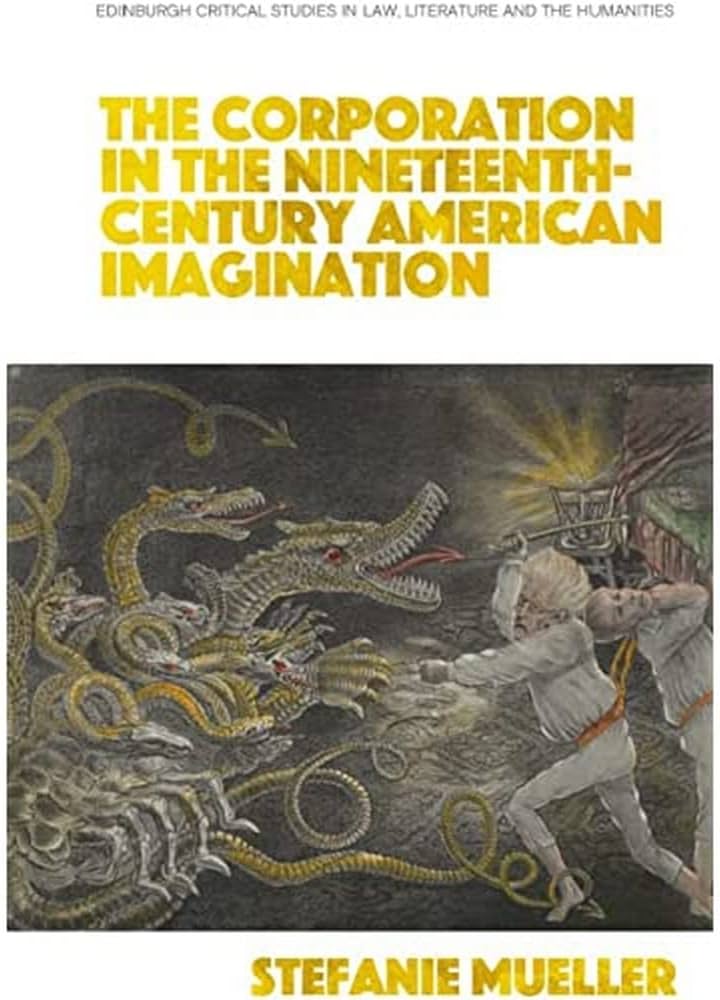By the twentieth century there was a seeming consensus in American political thought: liberalism was in crisis. This idea guided social reformers, it inspired socialists and radical labor movements, and it likewise invigorated defenders of liberal individualism. Importantly, this crisis was not confined to the United States—indeed, it was felt in nearly all industrialized European nations of the time, including England, France, and Germany. However, the American answer to this crisis is illustrative of significant political and economic changes that we are still reckoning with today: rising income inequality, racial violence, market consolidation, a hollowed and decimated public sector, and growing levels of corporate power and influence in politics. Understanding this crisis is thus central to understanding our current moment, a point that many critics and historians of (neo)liberalism, chief among them Pierre Dardot and Christian Laval, have made clear.
However, to understand this crisis, we need to move the clock back even further. Likewise, we need to ask new questions and locate different archives. Doing so, we can perhaps better understand the radical political and economic shifts in the young republic that predated this crisis of liberalism. Likewise, doing so we can nuance our understandings of the tensions between individualism and collectivism in American culture as well as the political fault lines these tensions carved out. It is too simple, for instance, to say that reformers and intellectuals on the political left welcomed the demise of individualism while business leaders and conservative thinkers bemoaned it. It was none other than the titan of industry, John D. Rockefeller himself, who proudly proclaimed in 1915 that “the day of combination is here to stay. Individualism has gone, never to return” (quoted in Mueller, 13). Here Rockefeller sounds more like John Dewey than Herbert Spencer.
While there is no doubt that Dewey and Rockefeller took their conclusions to different places and were politically at odds with one another, how are we to make sense of the fact that by the early twentieth century both could agree on the social, even collective nature of society? What changes brought about this rough consensus on the demise of classical liberalism? What role did the corporation play in challenging individualism in American politics? How did the corporation also, paradoxically, reify and give new life to liberal individualism? Stefanie Mueller’s engaging and insightful The Corporation in the Nineteenth-Century American Imagination offers compelling answers to these complex questions and profound insights on the history of liberal individualism, literary culture, and corporate power in the United States.
